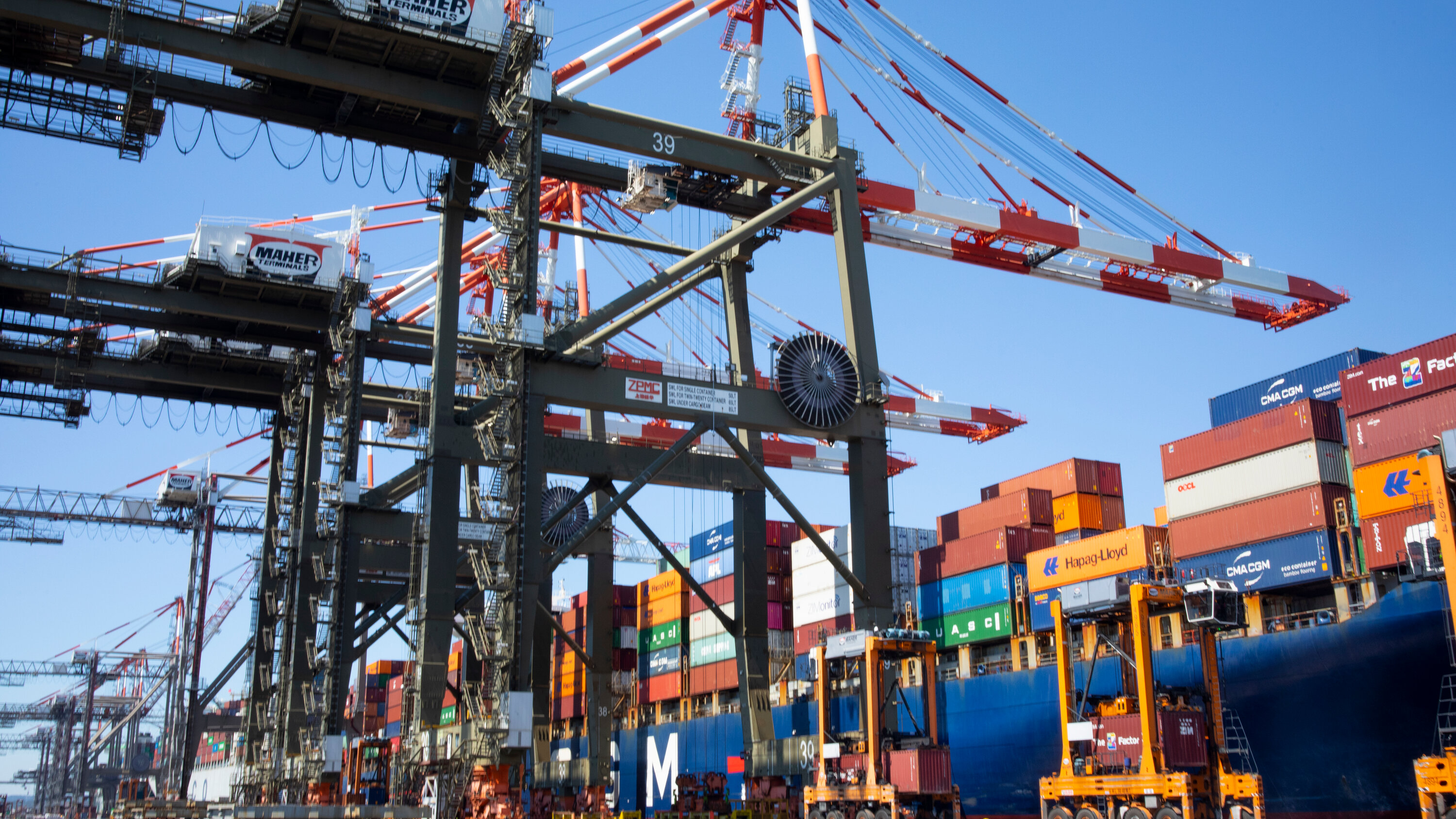Trade War Looms: Trump Signals Imminent Tariff Assault on European Union

In a stark warning to European allies, President Trump signaled potential economic confrontation, declaring that European nations would face tariffs with near certainty. The president's recent trade actions against Canada and Mexico have already put European officials on high alert, raising tensions in the international trade landscape.
Trump's latest remarks suggest a potential escalation of trade tensions, sending ripples of concern through European diplomatic and economic circles. The threat of tariffs looms large, with European leaders scrambling to understand and mitigate potential economic fallout from the administration's increasingly aggressive trade stance.
As global trade dynamics continue to shift, the president's comments underscore a combative approach to international economic relations, leaving European nations to brace themselves for potential retaliatory measures and economic challenges ahead.

